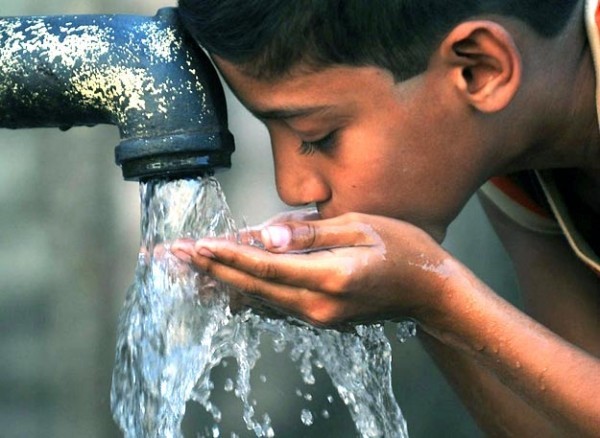Views: 246

"The role of clean water in the Prevention of infectious diseases"
As it is necessary for normal digestion, water contributes to an increase in intestinal motility, water participates in all chemical and biological processes of the gastrointestinal tract, provides constipation, due to which toxins are removed from the body.
What role does water play?
* The importance of water for humans
* moisturizes oxygen for breathing;
* regulates body temperature;
* helps the body absorb nutrients;
* protects vital organs;
* lubricates joints;
* helps convert food into energy;
* participates in metabolism;
* removes various waste products from the body.
Having easy access to safe water is an important factor in public health, whether the water is used for drinking, domestic use, cooking, or recreational purposes. The introduction of improved water supply and sanitation systems and improving the efficiency of water use can contribute significantly to poverty reduction, contributing to economic growth in countries. Contaminated water and unsatisfactory sanitary conditions are factors in the spread of diseases such as cholera, diarrhea, dysentery, hepatitis A, typhoid and polio. Insufficient or improperly provided services in the field of water supply and sanitation, or their absence, are a source of preventable risks to people's health. This is especially true for medical institutions where, as a result of the lack of water supply , sanitation and hygiene services in patients, medical personnel are also exposed to an additional risk of infections and diseases. Nature is the world around us. Nature gives us everything necessary for life: oxygen, water, food. Without nature, we would not be able to see beautiful things. A person's life is impossible without nature!








